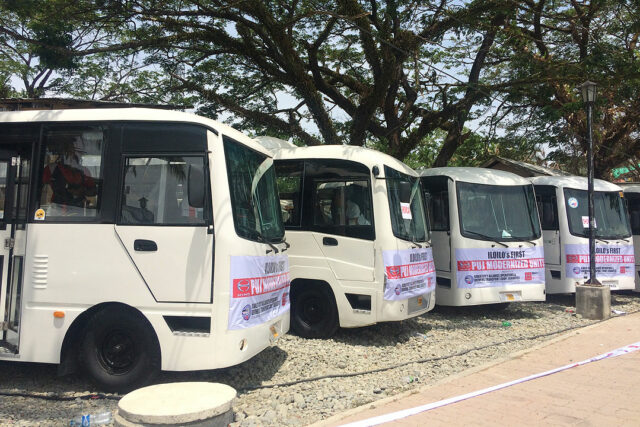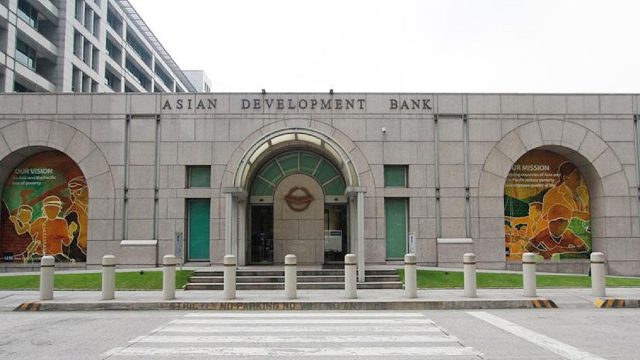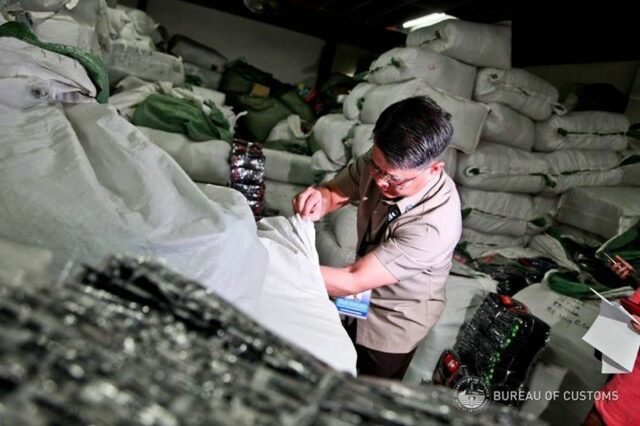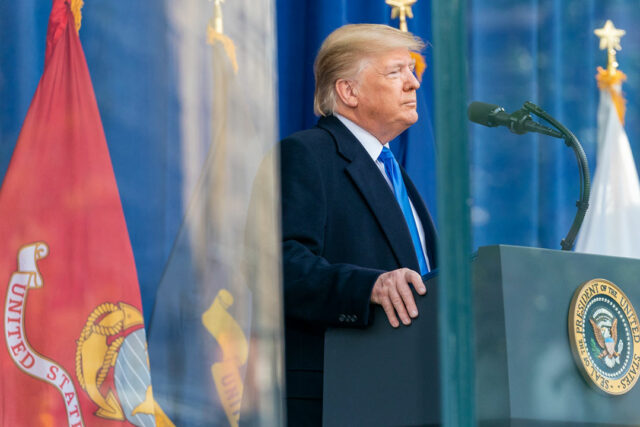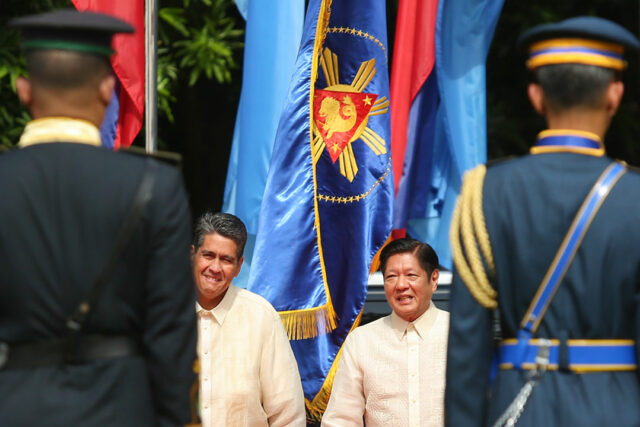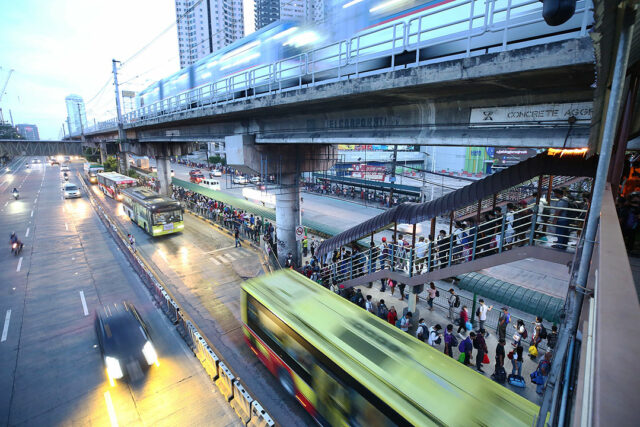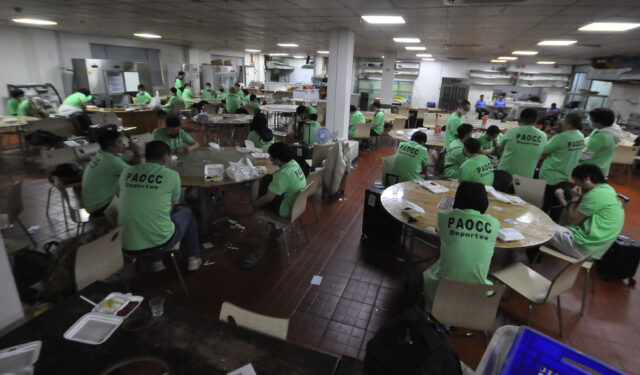When companies work together, each party contributes its unique strengths and skills to achieve common goals. These collaborations, whether they involve sharing resources, providing financial assistance, or leveraging each other’s expertise, help the entire group thrive.
While these contributions among related parties are indeed undeniable benefits of being a member of a group of companies, they can be problematic during a tax audit by the Bureau of Internal Revenue (BIR). Related party transactions (RPTs) are generally considered a red flag by the BIR. In fact, in the background section of Revenue Regulation (RR) 19-2020, which requires the submission of Information Return on Transactions with Related Parties, the BIR states that transactions with related parties have been subject to abuse by taxpayers intending to evade taxes by concluding transactions between them at unreasonable prices. It further states that significant risks arise when RPTs are not conducted at arm’s length. The BIR has to protect the tax base, and it is, therefore, fair enough on the BIR’s part to require proper disclosures of RPTs and ensure that these RPTs are conducted at arm’s length.
From my experience in handling BIR tax audits, below are some related party transactions that have been commonly questioned by the BIR.
1. Services rendered by non-resident foreign corporations
Examples of these are management services such as the services rendered by the groups’ head of operations or head of finance. Another example is the marketing services of the head office in pursuing and winning global clients.
Although the BIR will normally not inquire about the pricing policy of these purchases, the BIR normally construes these services as rendered in the Philippines, and hence, subject to final withholding taxes and withholding VAT.
For cases like these, the taxpayer and its foreign related party should be able to document the nature of these services clearly in their contracts, invoices, and other supporting documents. If possible, a transfer pricing document can be presented to show the nature of these transactions. In cases where these transactions are recurring issues during tax audit and the taxpayer has difficulty in explaining the nature and exemption from tax, if any, it is highly encouraged that an International Tax Affairs Division (ITAD) Ruling be secured from the BIR. In cases where a tax exemption or a lower tax rate under a tax treaty has been availed of by the non-resident, then a Request for Confirmation (RFC) shall be submitted to the BIR. In these ways, it will be much easier to explain to the BIR the taxability of these income payments to non-resident related parties.
2. Services rendered to non-resident foreign corporations
A significant number of companies in the Philippines have an arrangement where the Philippine entities sell or render, primarily or exclusively, their products and services to their non-resident foreign related parties.
During a tax audit, the BIR normally inquires about the pricing policy, such as the mark-up rate imposed by the Philippine taxpayer on their related parties, and recomputes the sales that should have been earned by the Philippine taxpayer.
As an example, if the mark-up rate of a BPO company is 5% of cost and expenses, the BIR will pick up the total of cost and expenses from the taxpayer’s books and multiply it by 105% to come up with the sales or revenue per tax audit. The excess of the sales or revenue per the BIR’s re-computation over the actual amount declared in the income tax return and VAT return will result in undeclared sales or revenue subject to deficiency income tax and VAT. In recent months, the BIR, during tax audits, has been requiring taxpayers to submit the transfer pricing documentation (TPD) covering the services rendered to foreign related parties.
Apparently, the contracts, invoices, and computations are not sufficient for some BIR officers to come up with the analysis on related party transactions. Taxpayers who have not prepared their TPD are forced either to pay penalties or rush to prepare TPD. On the other hand, taxpayers who have prepared their TPD have generally had much easier dealings with these kinds of issues during tax audit.
3. Allocation of expenses or reimbursement-at-cost
Normally these are expenses incurred by related parties for the benefit of the group. Examples of these are software subscriptions and other technology costs, and allocation of rent and utilities for an office space leased by a related party occupied by two or more related parties. In some sense, it may be referred to as a pass-through cost because the related party was only an agent between the taxpayer and the third-party service provider. However, depending on the specific facts and circumstances of each case, the party initially paying the expenses on behalf of the group should charge an appropriate arm’s length markup for its function in arranging and paying for the acquired services on behalf of its related parties.
The issues herein normally include whether the reimbursement received is considered income subject to taxes. Revenue Memorandum Circular (RMC) No. 76-2020 states that it is necessary to submit to the BIR a formal written agreement/contract to prove that these are legitimate expenses, in addition to other documents to substantiate the same (e.g., receipts, proof of payment, etc.). To prove that the transaction is legitimate and necessary is one thing, and to prove that the transaction has been conducted at arm’s length is another thing.
The above transactions are just a few examples of the transactions between related parties. There are many more, such as the use of brands, use of know-how and technology, and the grant of loans or advances, etc., which are normally employed by groups of companies to maximize their operations. These groups should not be disheartened though when related party transactions are questioned during a tax audit as the BIR is also protecting the tax base. Considering the risks and costs of a tax audit, there are several ways to manage these risks, such as confirming the tax consequences of the arrangements through an ITAD Ruling or Request for Confirmation. The role of transfer pricing documentation should also not be played down because those who prepare it now might reduce the burden when the tax audit comes.
Let’s Talk TP is an offshoot of Let’s Talk Tax, a weekly newspaper column of P&A Grant Thornton that aims to keep the public informed of various developments in taxation. This article is not intended to be a substitute for competent professional advice.
Marie Fe F. Dangiwan is a partner from the Tax Advisory & Compliance division of P&A Grant Thornton, the Philippine member firm of Grant Thornton International Ltd.
pagrantthornton@ph.gt.com

